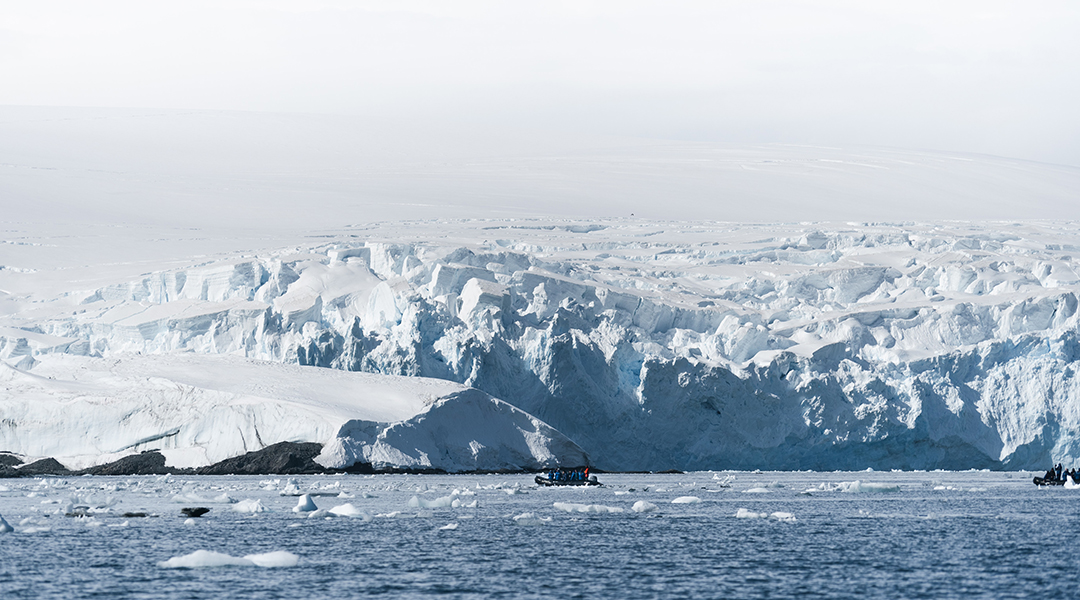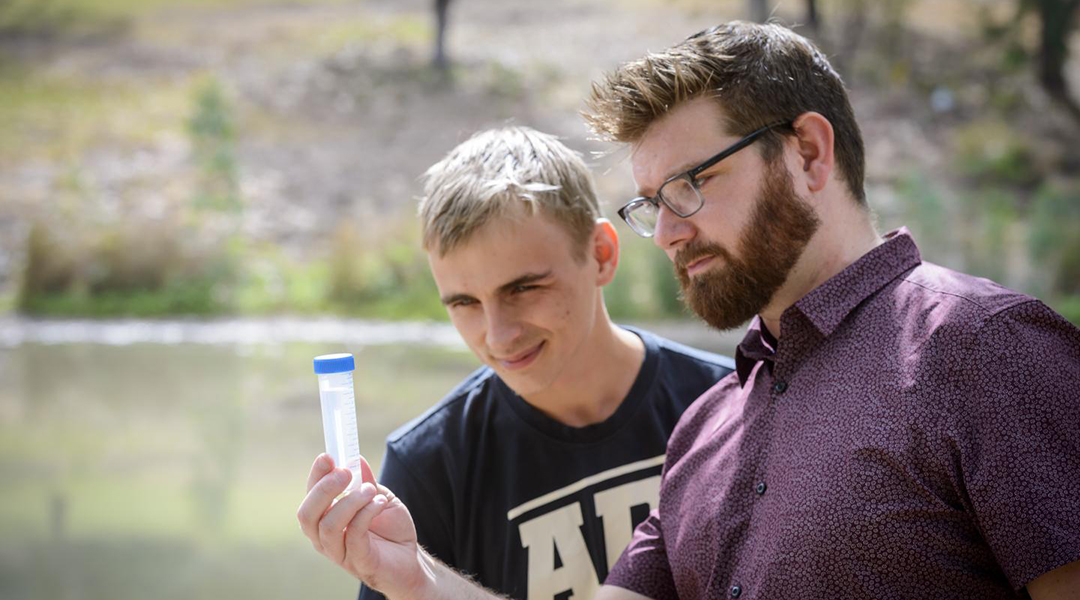The study takes advantage of a quirk of hydrothermal chemistry to suggest that the surface of Earth was likely covered by a global ocean 3.2 billion years ago.


The study takes advantage of a quirk of hydrothermal chemistry to suggest that the surface of Earth was likely covered by a global ocean 3.2 billion years ago.

Researchers say people’s lives are shortened by an average of nearly three years from different sources of air pollution

Researchers find an efficient way to convert nitrogen found in sewage into valuable ammonia.

A new eco-friendly perovskite solar cell improves stability and minimizes harmful solvents and lead leakage found in conventional cells.

Data shows we don’t need to be as concerned about large methane releases from large carbon reservoirs in response to future warming; we should be more concerned about methane released from human activities.

Inspired by the water collecting abilities of the cactus, researchers create a biomimetic water collection system through 3D printing.

A new class of polymers to clean up mercury pollution that can be produced sustainably on a large scale from elemental sulfur and renewable plant oils.

Perovskites have been discovered to be a cheap alternative for Faraday rotators.

For the UK to make headway with its ambitious Absolute Zero plan, it calls for an administration that understands the subject and what is needed for its success.

Flight altitude changes of just 2000 feet could lessen their effect could minimize the harmful effects of aircraft contrails.